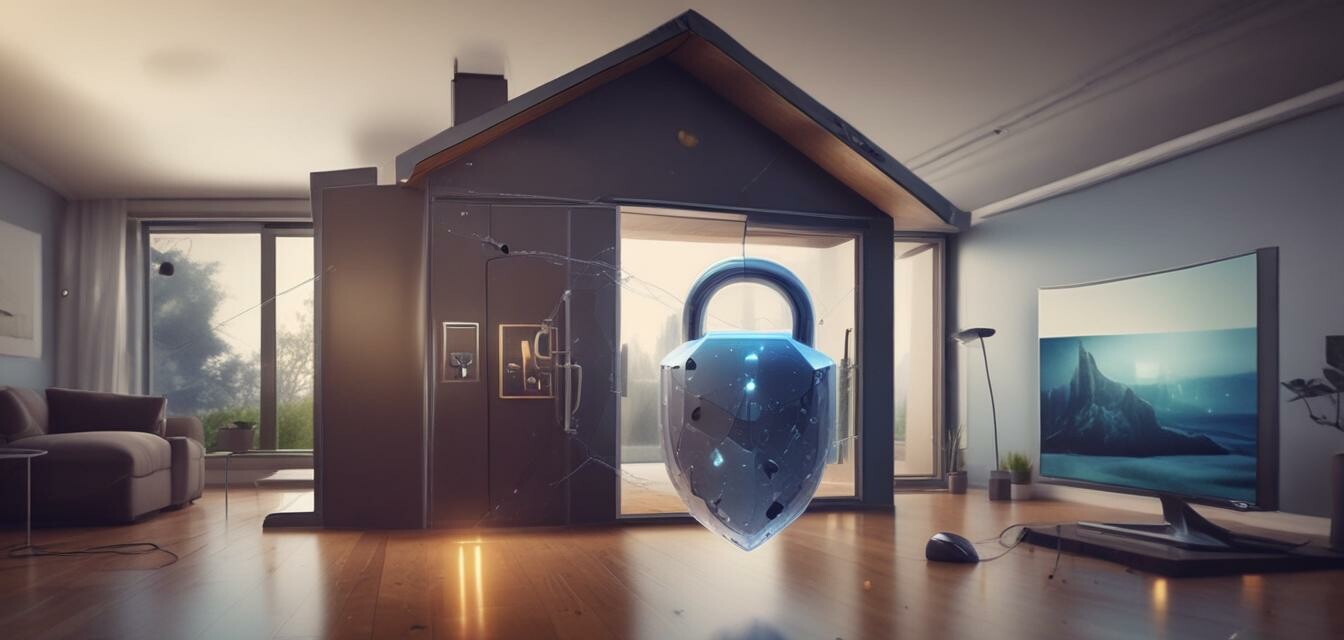
Smart Home Security
How Blockchain Technology is Impacting Home Security
Key Takeaways
- Blockchain enhances transparency in home security systems.
- The technology helps prevent unauthorized access to home devices.
- Improved security protocols can be established through decentralized authentication.
- Smart contracts automate security responses based on predetermined conditions.
- Integration of blockchain with IoT devices leads to a more secure smart home ecosystem.
As the world continues to embrace technological advancements, the concept of home security is evolving. One of the most exciting developments is the integration of blockchain technology into home security systems. This technology, which has revolutionized various industries, promises to enhance the protection of residential properties by ensuring more secure and transparent protocols. In this article, we will explore how blockchain impacts home security measures and prevents unauthorized access to devices.
Understanding Blockchain Technology
Blockchain is a decentralized ledger technology that records transactions across multiple computers, ensuring that the recorded data cannot be altered retroactively. This characteristic of immutability offers a layer of security that traditional systems often lack. In home security, blockchain can create a more robust framework for managing and protecting access to various devices.
Key Features of Blockchain Relevant to Home Security
| Feature | Description |
|---|---|
| Decentralization | Eliminates single points of failure by distributing data across multiple nodes. |
| Immutability | Once data is recorded, it cannot be altered or deleted without consensus. |
| Transparency | All parties have access to the same records, reducing the risk of fraud. |
| Smart Contracts | Automate processes and enable secure operations without intermediaries. |
The Role of Blockchain in Preventing Unauthorized Access
Home security systems are increasingly vulnerable to cyberattacks as more devices become connected to the Internet of Things (IoT). Blockchain technology can enhance security measures in the following ways:
- Secure Identity Management: Blockchain can be used for secure identity verification for access control, ensuring that only authorized users can access home devices.
- Decentralized Authorization: Instead of relying on a central authority, blockchain allows for peer-to-peer verification, making it significantly harder for hackers to gain unauthorized access.
- Audit Trails: The transparent nature of blockchain creates an immutable audit trail of all access and changes to home security settings, which can help in monitoring suspicious activities.
Integrating Blockchain with Smart Home Devices
As the smart home industry grows, so does the need for secure integration of devices. Here are some ways blockchain can be integrated with smart home devices:
- Device Authentication: Each device can be registered on the blockchain, creating a unique identity that enhances security.
- Interaction Logs: All interactions between devices can be logged securely, providing homeowners with insight into their usage.
- Automated Contract Execution: With smart contracts, specific actions can be automated based on certain triggers (e.g., locking doors when no one is home).
Future Implications of Blockchain in Home Security
The implications of integrating blockchain technology into home security systems are profound:
- Increased Trust: Homeowners will benefit from enhanced trust in their security systems as the immutable record serves as a reliable source of truth.
- Cost Efficiency: Reducing reliance on centralized security protocols can lower the operational costs of security systems.
- Enhanced Innovation: Developers can create new applications and services built on secure smart home frameworks, fostering innovation.
Challenges of Implementing Blockchain in Home Security
Despite the benefits, several challenges need to be addressed:
- Scalability: Current blockchain technologies face scalability issues, limiting their application in large-scale smart home environments.
- User Adoption: Homeowners may need education on the benefits and usage of blockchain-enabled systems.
- Interoperability: Ensuring that various devices can effectively communicate on a blockchain network remains a challenge.
Conclusion
Blockchain technology presents exciting opportunities for enhancing home security systems. By promoting decentralization, transparency, and automation, this technology strengthens security measures and prevents unauthorized access. As innovations continue to emerge, it is poised to play a crucial role in shaping the future of home security. If you’re interested in exploring more about home security systems, check out our article on home security tips or learn about smart locks.
Pros
- Enhances security through decentralized authentication.
- Provides a transparent audit trail.
- Enables automated security responses with smart contracts.
Cons
- Blockchain technology can be complex for the average user.
- Scalability issues may hinder widespread adoption.
- Integration with existing security systems can be challenging.